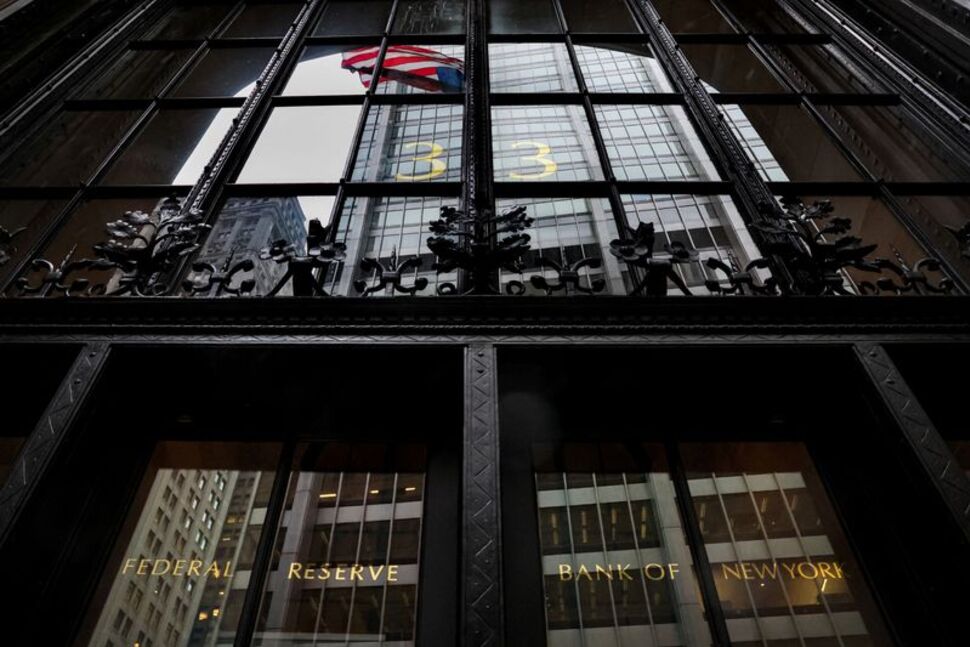
U.S. District Judge John Koeltl in Manhattan has rejected Banco San Juan Internacional's (BSJI) request for a preliminary injunction to prevent the Federal Reserve Bank of New York from terminating its access to the U.S. central banking system. BSJI, a Puerto Rican bank, argued that such termination would cause irreparable harm. The bank had faced scrutiny over its compliance with U.S. sanctions and anti-money laundering rules, resulting in a 22-month suspension in 2019 and 2020. Despite BSJI's claims of improved compliance, the New York Fed moved to terminate its "master account."
Judge Koeltl dismissed BSJI's warnings of financial jeopardy as "self-serving speculation" and noted significant red flags in the bank's compliance record. The judge highlighted the risk posed to the financial system by maintaining services for a non-compliant institution. The New York Fed has agreed to keep BSJI's master account open until a ruling on the preliminary injunction is made. In response, BSJI expressed its disagreement with the decision, citing a departure from decades of consensus on its entitlement to a master account and highlighting endorsements of its compliance program by independent experts. The bank intends to appeal the decision.
The judge's decision is a part of a wider initiative targeting banks with ties to Venezuela, reflecting a broader crackdown on financial institutions in Puerto Rico. The historical proximity of Puerto Rico's banking industry to Venezuela has been notable. In 2019, the New York Fed took a stance against approving new master accounts for Puerto Rican offshore banks, citing sanctions aimed at the ousting of Venezuela's President Nicolas Maduro. This case highlights the intricate challenges faced by financial institutions grappling with sanctions and compliance issues, emphasizing the potential ramifications on their access to vital banking systems. The complexities underscore the need for banks to navigate a delicate balance between compliance and operational sustainability in the face of evolving regulatory landscapes.
2023 © All Rights Reserved By City Beat Chronicle